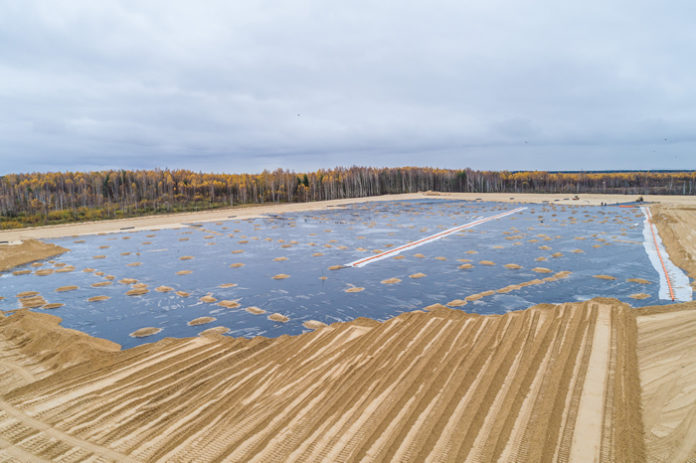Start the week with the latest in the geoengineering world. Here’s the GeoWire conversation for the week of July 27. WORK SMARTER.
BIG PROJECTS
In the battle of Salmon vs. Gold, gold wins. The Pebble Mine near Bristol Bay in Alaska has cleared nearly all hurdles to development. The square-mile mine will require massive tailings ponds, 80 miles of road, and digging a third of a mile down over 20 years to recover an estimated $300 billion in deposits. [NY Times]
VIDEO: Editors from Creamer Media discuss the $20 billion debt financing for Mozambique’s high-profile LNG megaproject. It’s Africa’s biggest financing deal. The editors highlight what it means for the country and South Africa. [Engineering News]
-
- Delivery is on track for 2024. [Mozambique LNG]
ENVIRONMENTAL IMPACT
The railways ministry in India is radically transforming the nation’s railway infrastructure with its Green Railways by 2030 plan. The Union minister Piyush Goyal believes full electrification of railways is possible in the next 3.5 years and 100% “net zero” status in 10 years. [Hindustan Times]
Poor road construction practices have contributed significantly to landslides in Nepal. [Kathmandu Times]
-
- The Landslide Blog at the American Geophysical Union (AGU) highlights Nepal’s deadly trend in landslides as the monsoon season peaks [Landslide Blog]
FINANCE
As the coal industry continues a precipitous decline in the United States, states like Virginia are searching for ways to fund cleanup of former and soon-to-be-former mines. [Virginia Mercury]
GEOSYNTHETICS
Geosynthetica Senior Editor Chris Kelsey revisits the benefits of temporary landfill caps. [Geosynthetica]
GSI’s George Koerner delivered a fantastic lecture on QA/QC of geosynthetics in waste containment facilities for IGS Brasil. Watch the presentation here. [Geosynthetica]
-
- Key quote: “If you are in the waste containment business … you are in the geosynthetics business.”
New leadership has been announced for the International Geosynthetics Society Young Members Committee! [IGS]
TenCate Geosynthetics Asia engineered a wonderful dewatering project in the Brisbane River to clear a blocked stormwater pipe. Clean effluent, efficient and safe disposal. [Geosynthetica]
GOVERNMENT
In a twist no one saw coming, the United States Congress found strong bipartisan support for a rare National Parks bill. The Great American Outdoors Act sets aside USD $9.5 billion for (very needed) repairs. An additional act promises $900 million annually (!!) for land management and purchases. [Guardian]
The Green Recovery dialogue continues to grow. Here’s how a Green Recovery strategy could add millions of jobs. [World Economic Forum]
INTERESTING READS
Nearly 1/3 of the Minnesota Department of Transportation’s (MnDOT) workforce will be eligible for retirement by 2023. See how the state uses knowledge books to preserve subject matter expertise. [Crossroads Blog]
Are you procrastinating more? Or just feel like you are? There’s a very reasonable explanation. [Fast Company]
Seismologists comment on the global seismic din that has occurred during Covid. We are normally a rather loud bunch. [NY Times]
JOBS
Geofabrics New Zealand is hiring a Civil & Design Applications Engineer out of its Auckland office.
TECHNOLOGY
Stressed about life? An app lets you scream into it and have that scream broadcast in a remote area in Iceland. [NPR]
Trimble has expanded its subscription options for real-time monitoring software for infrastructure such as dams, mines, and buildings near construction sites. [American Surveyor]
Steven Levy recalls an interview from 20 years ago with Steve Jobs immediately ahead of the launch of “the coolest computer ever” … which subsequently bombed. It hinted at a lot of what influences our ubiquitous devices today. [WIRED]
This is the July 27, 2020 GeoWire from Geosynthetica. GeoWire is published on Mondays with thought-leading links to help infrastructure professionals work smarter. News and ideas to share? Contact us.
Recent GeoWire Editions
July 20, 2020
July 13, 2020
July 6, 2020
June 29, 2020












